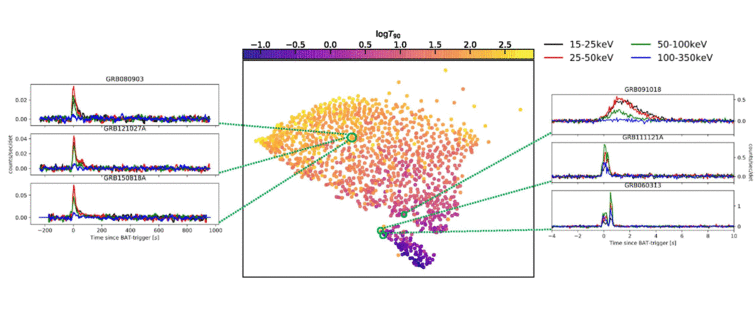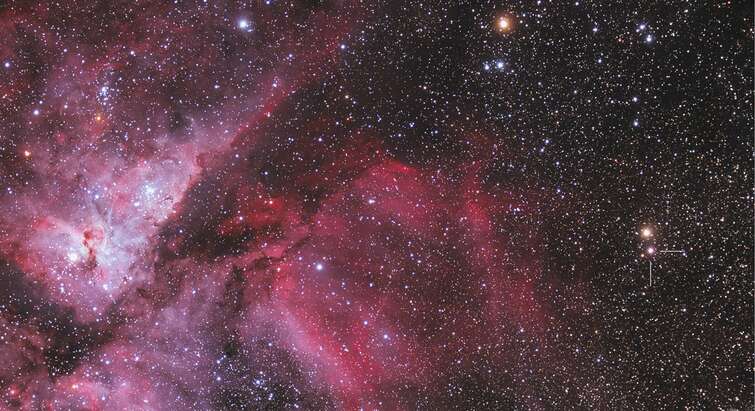
News about Science
Viser 2377 til 2400 af 3168 dokumenter.


Daniel Lawther

New study warns: We have underestimated the pace at which the Arctic is melting
New blog looks at social consequences of a cashless economy

Jacob Thornfeldt Hansen

Fitness watches generate useful information, but increase patient anxiety

Fitness watches generate useful information, but increase patient anxiety

Separating Gamma-Ray Bursts: Students Make Important Breakthrough

Alaskan volcano linked to mysterious period with extreme climate in ancient Rome

Digital climate-activism in a Scandinavian corona-era

Margaret Mallory Harlan

Steffen Kristiansen

Congratulations to Jesper Liisberg

CLIMACCESS survey tested at Legon

PhD study stays in Copenhagen

New research centre puts focus on political mobilisation and protest

How do we increase diversity in Computer Science? Inspiring insights from our webinar with two experts

Maliha Khan

Astronomical discovery: How novae light up the sky

Albert Sneppen

Helene Pehrsson

Marie Cecilie Boysen

Deep Learning online Workshop at the Niels Bohr Institute: Great Learning

